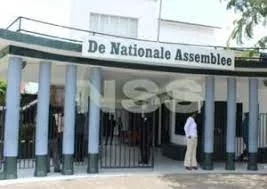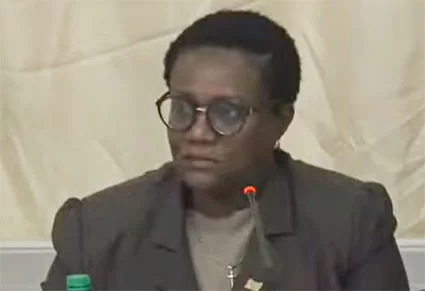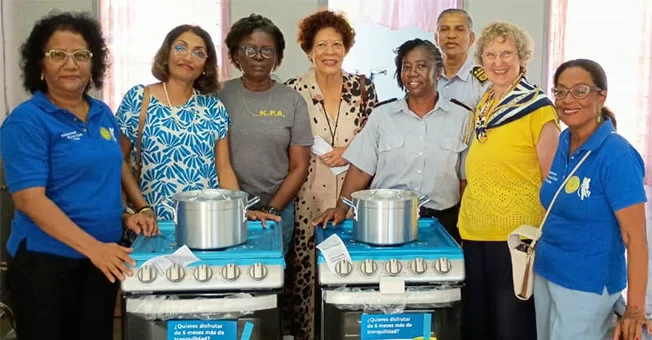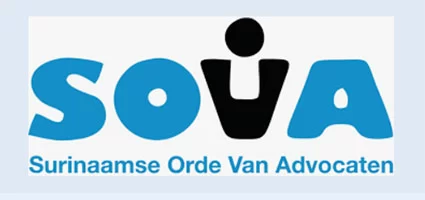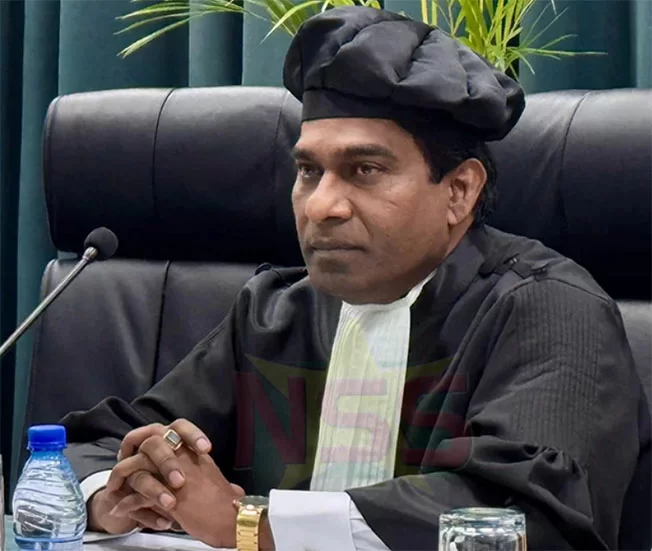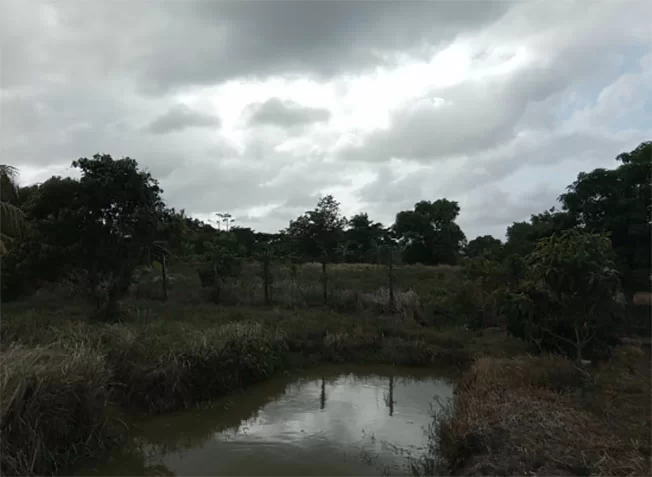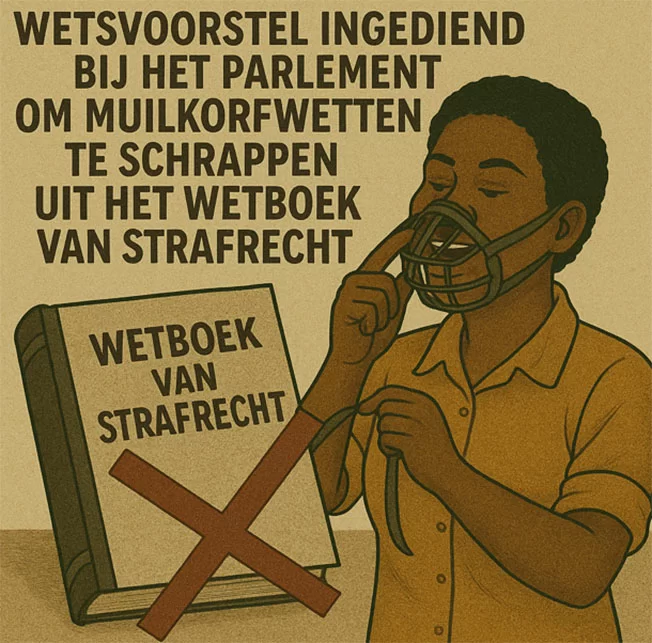Suriname’s National Assembly (DNA) has initiated a substantial legislative overhaul this week, marking a significant shift in parliamentary dynamics. During Monday’s procedural session, eight specialized committees were appointed to prepare a comprehensive package of initiative laws for public deliberation.
The legislative agenda features groundbreaking proposals including constitutional amendments, judicial branch restructuring, elimination of gag laws from the criminal code, and virtually全新的 nature conservation legislation. These measures address fundamental aspects of governance, touching upon rule of law, environmental management, anti-corruption efforts, transparency, and criminal justice reform.
Notably absent from the agenda is a proposed ban on online gambling, despite its previous submission. Sources indicate divergent views within the coalition have temporarily stalled this socially sensitive matter from entering formal parliamentary discussion.
The majority of legislative proposals originate from parliamentarians representing the six coalition partners, signaling a strategic move to actively exercise parliamentary initiative rather than relying exclusively on government-sponsored legislation. This approach repositiones the parliament as a proactive legislative center rather than merely a approval body for executive policies.
Key legislation moving forward includes the Asset Forfeiture of Illegally Obtained Gains Act, Sustainable Nature Management Act, and measures directly impacting judicial structure. Additional proposals concern transparency of administrative information, adjustments to the Labor Advisory Council Act, and amendments to the Criminal Code.
Thursday’s scheduled public meetings will launch the substantive debate phase, while all initiative proposals have been simultaneously forwarded to the Council of State for advisory review. This extensive legislative package is poised to dominate parliamentary proceedings in the coming period, reflecting the coalition’s concerted effort to drive institutional reforms through parliamentary channels.
